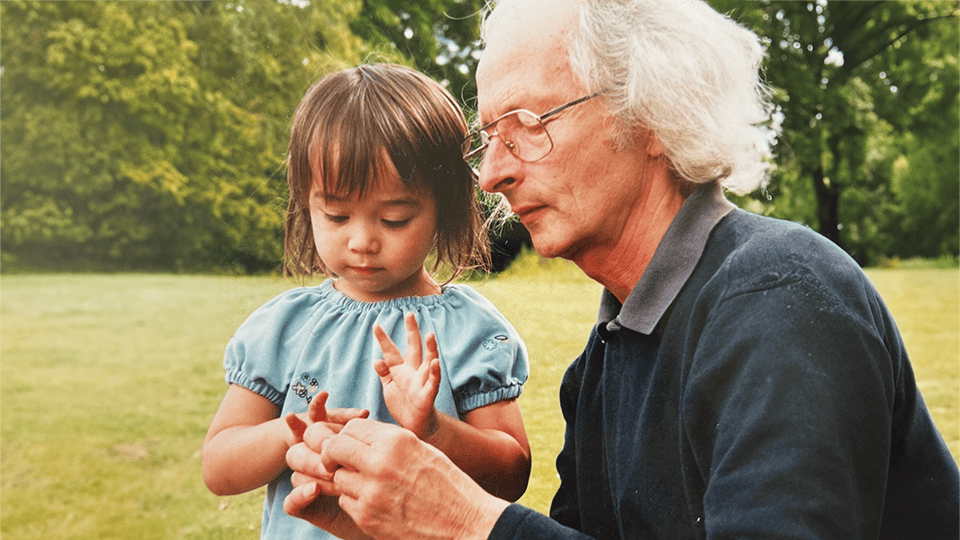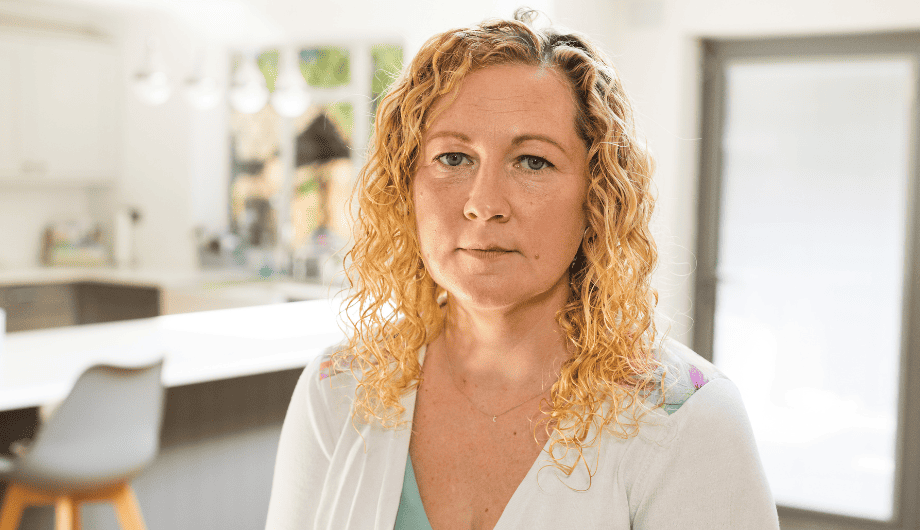
Saïna’s story – A song for my beloved grandpa, Ralph
Saïna opens up about how her grandfather’s dementia has affected her, and how songwriting has provided a release.
Our senses – hearing, sight, smell, taste and touch – help us understand the world around us.
But in many people with dementia, the brain misinterprets the information from their senses. This can cause changes in perception, where they experience things differently from other people.
Changes in perception may also be caused by physical changes, such as their sight or hearing getting worse as they get older.
Some people with dementia have hallucinations. This is where they experience something that is not really happening, like hearing voices (auditory hallucinations) or seeing things that aren’t there (visual hallucinations). Visual hallucinations are more common in people with Lewy body dementia.
Signs that someone may be experiencing changes in perception or hallucinations include:
It can be alarming if a person with dementia has changes in perception or hallucinations. These tips will help you to help them.
The good news is there are lots of things you can do to help people with dementia who are experiencing changes in perception and hallucinations.
Visual (sight) changes
Auditory (hearing) changes
Taste changes
Changes in sense of touch
Changes in sense of smell
If you’re concerned about changes in perception or hallucinations in a person with dementia, make an appointment with their GP. They can help to identify and treat any possible physical causes. If the person has a specialist dementia doctor or Admiral Nurse, they can give you advice on how to help with these difficulties.
If you need advice, please call our free Dementia Helpline on 0800 888 6678 (Monday-Friday 9am-9pm, Saturday and Sunday 9am-5pm, every day except 25th December), email helpline@dementiauk.org or you can pre-book a phone or virtual appointment with an Admiral Nurse.
Our free, confidential Dementia Helpline is staffed by our dementia specialist Admiral Nurses who provide information, advice and support with any aspect of dementia.

Saïna opens up about how her grandfather’s dementia has affected her, and how songwriting has provided a release.

Ricky’s talks about how his Gran’s dementia diagnosis impacts his whole family and why he is supporting the ‘We live with dementia’ campaign.

As a carer for her mum, who has vascular dementia, Clare is taking part in our ‘We live with dementia’ campaign to make more people aware of the support our nurses offer.